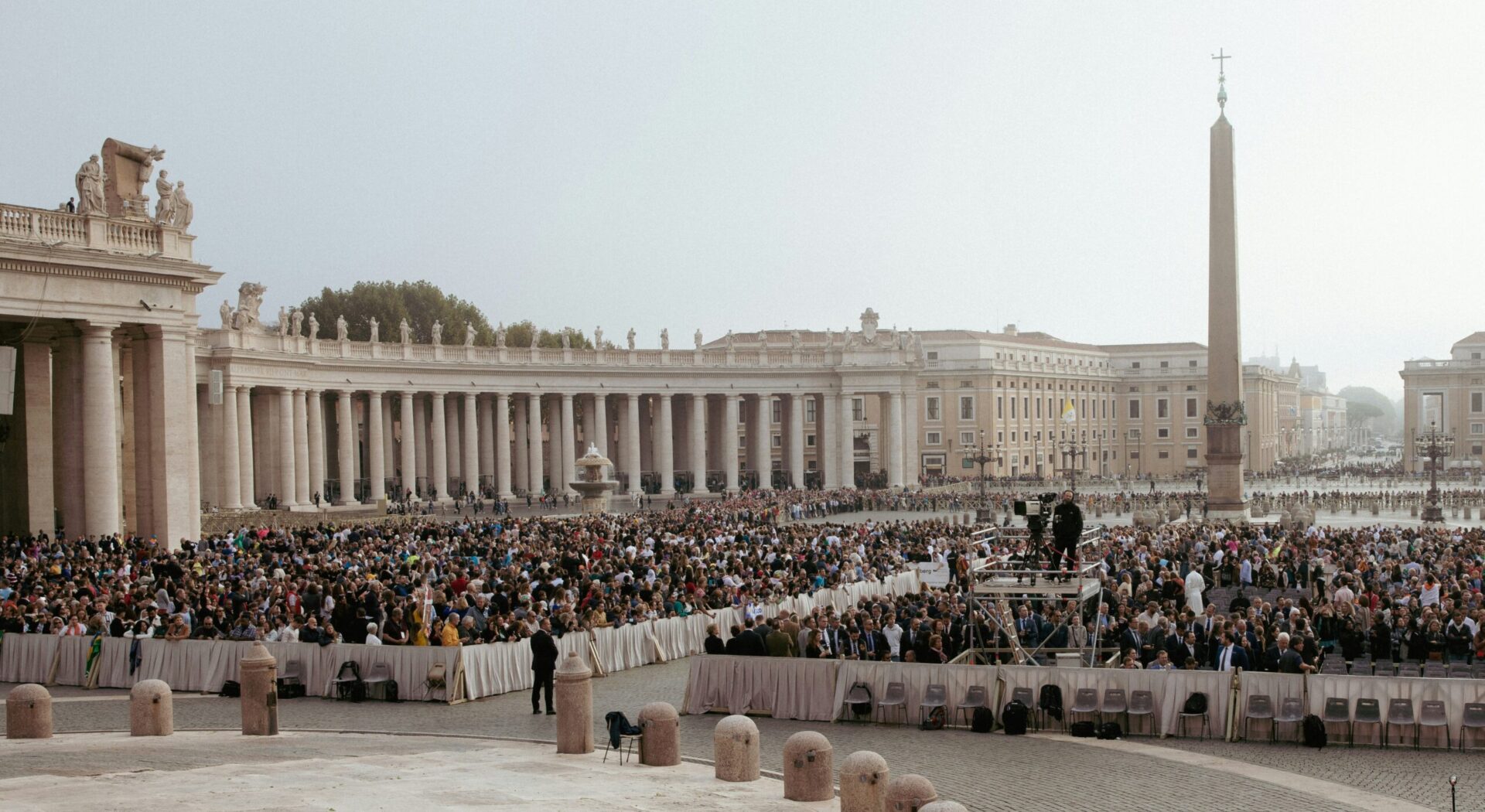
The new Pope has taken the name Leo XIV to announce that he stands in the line of Pope Leo XIII (1810-1903). Leo XIII is noted for his encyclical Rerum Novarum (1891), which called for action to redress the plight of workers and the poor in rapidly industrializing and urbanizing Europe during the late 19th century. The encyclical spurred the development of the Roman Catholic Church’s body of social and political doctrine, known as Catholic Social Teaching. This biblically grounded set of principles stressed the dignity of each person, the human calling to love our neighbors, the importance of church, family, and social initiative, and the role of government in supporting rather than supplanting individual and group action. These principles point to the indispensability of institutional religious freedom. The Church further underlined the importance of protecting conscience and religious exercise in Dignitatis humanae (1965), its Declaration on Religious Freedom.
Institutional religious freedom upholds a social order and scope of government that are neither collectivist nor individualist, that neither neglect the wellbeing of individuals and communities nor look to government as the sole source of goodness. Rather, acknowledging the reality of multiple confessions and philosophies in this time between the Fall and the Second Coming, this perspective supports a flourishing civil society of families, houses of worship, businesses, and voluntary organizations through which people put into action their deepest convictions about God and life. Government supports social and individual agency, promotes the needed common conditions, and protects people from overbearing and harmful organizations. No one is left to struggle alone nor to be dependent on governmental favors; rather, government promotes the common good by protecting and undergirding civil society, combatting evil doers, and collaborating with constructive civil society solutions.
The Center for Public Justice and its Institutional Religious Freedom Alliance are not only committed to institutional religious freedom but have a particular affinity with Pope Leo XIII. Our political and legal philosophy is indebted to Abraham Kuyper (1837-1920), the Dutch neo-Calvinist theologian, political party and university founder, social activist, prime minister, and creative political philosopher. In 1891, the year of Rerum Novarum, Kuyper gave a classic speech, “The Social Problem and the Christian Religion,” to open a Christian Social Congress in the Netherlands that brought together workers and business leaders, scholars and theologians. He gave credit to Pope Leo XIII’s encyclical and called on his fellow Calvinists also to develop an alternative to individualistic liberalism and collectivist socialism that could effectively respond to the urgent needs of workers, the poor, and the rapidly changing society.
The Kuyper alternative to individualism and collectivism is in many ways similar to that of Catholic Social Teaching, calling for a flourishing civil society, an energetic but focused government, and religious-freedom protections for the mission-driven activism and organizations of the citizens. Persons cannot thrive on their own and yet government action, while indispensable, cannot respond adequately to the depth, breadth, and variety of human needs. A partnership is needed, in which government upholds, rather than replaces, individual and social action. Religious freedom, not just for persons but also for the organizations they create, is vital so that people can live in accordance with the deep wellsprings of inspiration.
Ours is a post-liberal era in which many are searching for an animating vision more uplifting than self-centeredness or bureaucratic handouts. Kuyperian public justice pluralism and Catholic Social Teaching offer another way than conventional left and right political philosophies. May the new Pope, Leo XIV, help guide our nation and many other polarized nations toward a biblically wise consensus on activism that respects religious conviction while vigorously aiding people and places that have been left behind.
Stanley Carlson-Thies is a Senior Fellow and the Founder of the Institutional Religious Freedom Alliance (IRFA), a program of the Center for Public Justice.
Photo by Christian Lendl on Unsplash.



